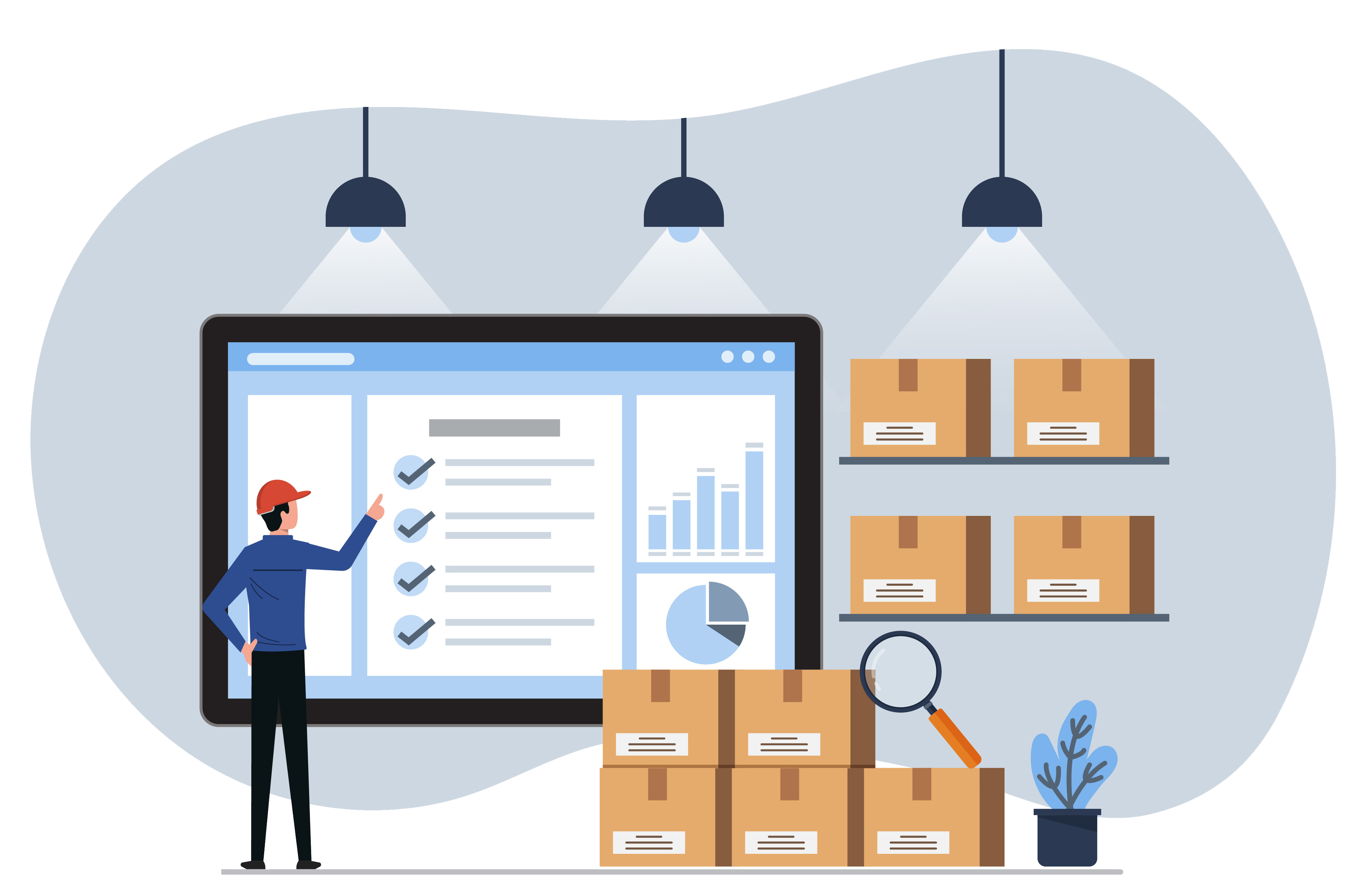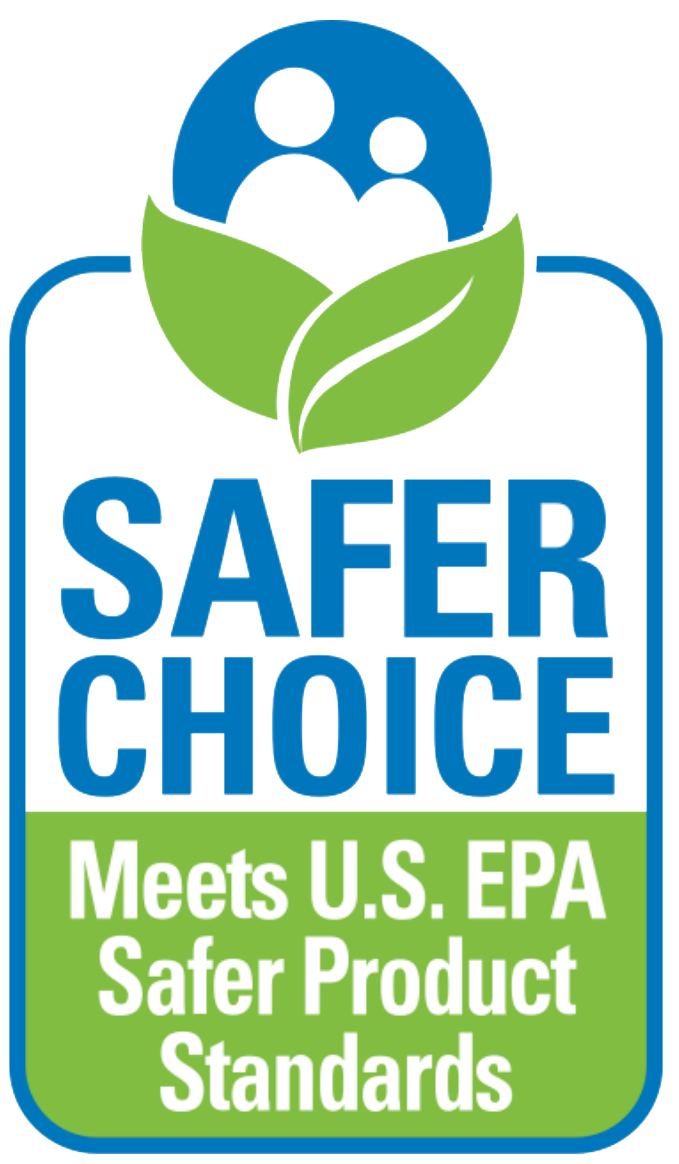P2 Section #1 | Automotive Maintenance - Pg 3

Section 1 | Introduction to P2
Learning Objectives
- Identify types of P2 opportunities
- Describe examples of P2 opportunities for each type
Approaches to P2
Many approaches can be used to realize P2 opportunities within your business. Most of those approaches will fall into the following categories:
- Process and Equipment Modifications
- Operational Changes
- Inventory and Material Management
- Material Substitutions
- Product Modifications
We’ll take a look at each of these categories and highlight some common examples.
Process and Equipment Modifications
Process and equipment modifications can be initially cost-intensive as it could include purchasing more efficient equipment or downtime when modifying the process. These approaches would aim to decrease waste production and minimize resource usage to realize a return on investments within a feasible time frame. Examples of process and equipment modifications are:
- Replacing equipment with more efficient alternatives that reduce energy, water, emissions, and/or material usage.
- Incorporating the direct reuse of a waste stream (e.g., reusing wastewater as a pre-rinse)
- Changing parameters of your process to be more efficient (e.g., adjustments to temperature, timing, concentrations, pressures, etc.).
- Modifying the layout of a process to minimize material travel
Operational Changes
Operating practices and training improve how activities at your facility are conducted. These approaches are generally low-cost to get started and can offer immediate increased safety for staff and reduced waste. Examples of operating practices and training include:
- Changes to production scheduling and monitoring
- Improving staff expertise through increased training
- Standardizing routine maintenance of equipment and structures
- Developing standard operating procedures
Inventory Control and Management

Inventory control and management include improvements to how inventory and materials are purchased, stored, organized, accessed, and disposed of. These approaches are also generally low-cost and can greatly impact your facility's housekeeping. Examples of inventory control and management include:
- Ensuring products are being used until empty before opening new containers
- Purchasing materials only when needed
- Storing products in manufacturer-specified conditions
- Developing a sustainable purchasing process to consider environmental impact before buying new products
Material Substitutions and Modifications

This includes substituting materials for inherently safer alternatives or modifying materials to contain less harmful materials. This approach can be cost-intensive due to the time and research needed to find substitutions that offer better or similar results. Substituting materials shouldn’t just be focused on a safer waste stream for the environment, but also safer for staff to handle while it’s in use. Examples of material substitution include:
- Changing the purity of raw materials
- Changing the input dimensions of raw materials
- Replacing cleaning products with environmentally preferable options, such as those with the EPA’s SaferChoice label.
Product or Service Modifications
Product or service modifications involve replacing or changing the end product or service to be more environmentally friendly. This approach considers what customers are looking for and whether that can be offered sustainably for both the business and the environment. Examples of product or service modifications include:
- Offering environmentally friendly alternatives to customers
- Modifying product packaging
- Modifying products or services to meet customer needs without including unnecessary waste-generating add-ons.
With all of these approaches to P2 in mind, we can now look into putting P2 into practice!
GUIDES
Implementing P2 > | Spanish >
Inventory Control > | Spanish >
Solvent-Contaminated Wipes >
Used Oil >
Waste Determination >
POSTERS
Clear Walkways > | Spanish >
Clean Workspace > | Spanish >
First-In, First-Out > | Spanish >
Use & Stow > | Spanish >
VIDEOS
Auto Shop Housekeeping>
FIFO for Auto Shops >
What is P2 >
OTHER
P2 in Action >
